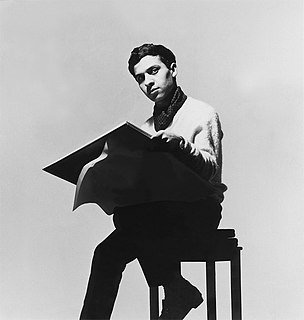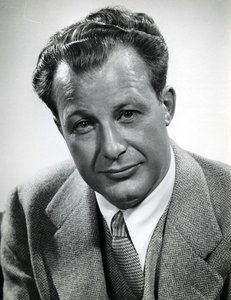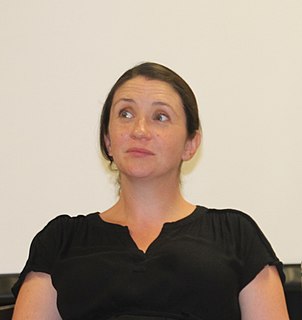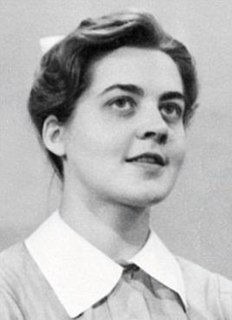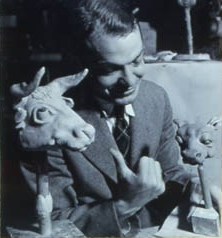A Quote by Jostein Gaarder
Socrates, whose mother was a midwife, used to say that his art was like the art of the midwife. She does not herself give birth to the child, but she is there to help during its delivery. Similarly, Socrates saw his task as helping people to 'give birth' to correct insight, since real understanding must come from within. . . . Everybody can grasp philosophical truths if they just use their innate reason.
Related Quotes
She feels so contented in giving birth to a child, in helping the child to grow; and that's why she does not need any other kind of creativity. Her creative urge is fulfilled. But man is in trouble: he cannot give birth to a child, he cannot have the child in his womb. He has to find a substitute, otherwise he will always feel inferior to the woman. And deep down he does feel that he is inferior. Because of that feeling of inferiority man tries to create paintings, statues, dramas, he writes poetry, novels, explores the whole scientific world of creativity.
Whoever accepts the higher mission of art and comes nearer and nearer to it through his creative activity, will then go on from art to the Spirit deep within his own self... The philosophic search for enlightenment and the artist's search for perfection of work can meet and unite. Art can be a path to spiritual enlightenment but not to complete and lasting enlightenment. It can be born out of, and can give birth itself to, only Glimpses. For art is a search for beauty, which by itself is not enough. Beauty must be supported by virtue and both require wisdom to guide them.
He felt safe with her. He'd never been safe with another human being, not since he'd been taken as a child from his home. He'd never been able to trust. He could never give that last small piece - all that was left of his humanity - into someone else's keeping. And now there was Rikki. She let him be whatever he had to be to survive. She didn't ask anything of him. There was no hidden motive. No agenda. Just acceptance. She was different - imperfect, or so she thought - and she knew what it was like to fight to carve out a space for herself. She was willing for him to do thar.
If Confucius can serve as the Patron Saint of Chinese education, let me propose Socrates as his equivalent in a Western educational context - a Socrates who is never content with the initial superficial response, but is always probing for finer distinctions, clearer examples, a more profound form of knowing. Our concept of knowledge has changed since classical times, but Socrates has provided us with a timeless educational goal - ever deeper understanding.
She looked at his young face, so full of concern and tenderness; and she remembered why she had run away from everyone else and sought solitude here. She yearned to kiss him, and she saw the answering longing in his eyes. Every fiber of her body told her to throw herself into his arms, but she knew what she had to do. She wanted to say, I love you like a thunderstorm, like a lion, like a helpless rage; but instead she said: "I think I'm going to marry Alfred.
Socrates.- If all goes well, the time will come when one will take up the memorabilia of Socrates rather than the Bible as a guide to morals and reason... The pathways of the most various philosophical modes of life lead back to him... Socrates excels the founder of Christianity in being able to be serious cheerfully and in possessing that wisdom full of roguishness that constitutes the finest state of the human soul. And he also possessed the finer intellect.
When we were arguing on my twenty-fourth birthday, she left the kitchen, came back with a pistol, and fired it at me five times from right across the table. But she missed. It wasn't my life she was after. It was more. She wanted to eat my heart and be lost in the desert with what she'd done, she wanted to fall on her knees and give birth from it, she wanted to hurt me as only a child can be hurt by its mother.
Man's main task in life is to give birth to himself, to become what he potentially is. The most important product of his effort is his own personality. One can judge objectively to what extent a person has succeeded in his task, to what degree he has realized his potentialities. If he has failed in his task, one can recognize this failure and judge it for what it is - a moral failure.

